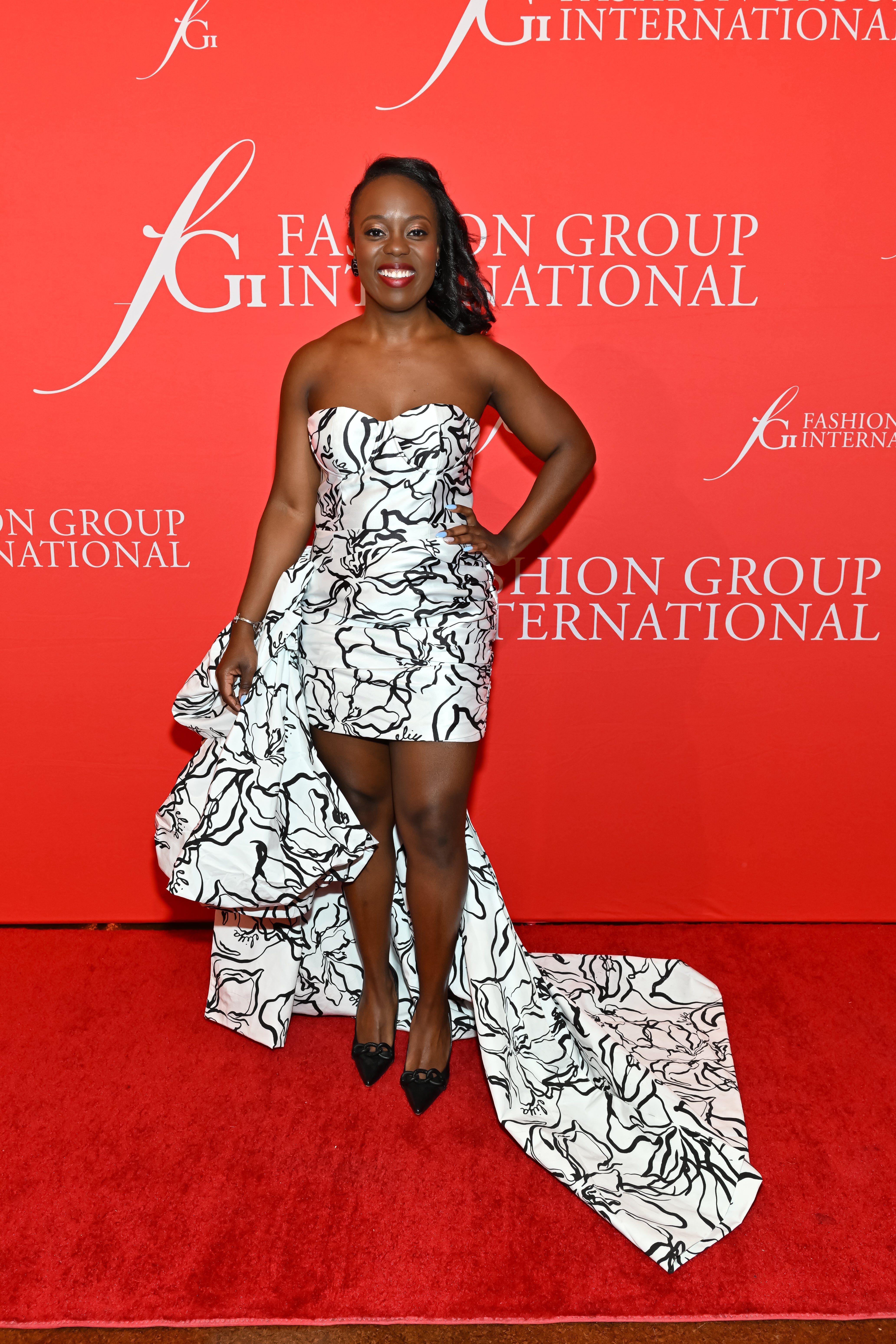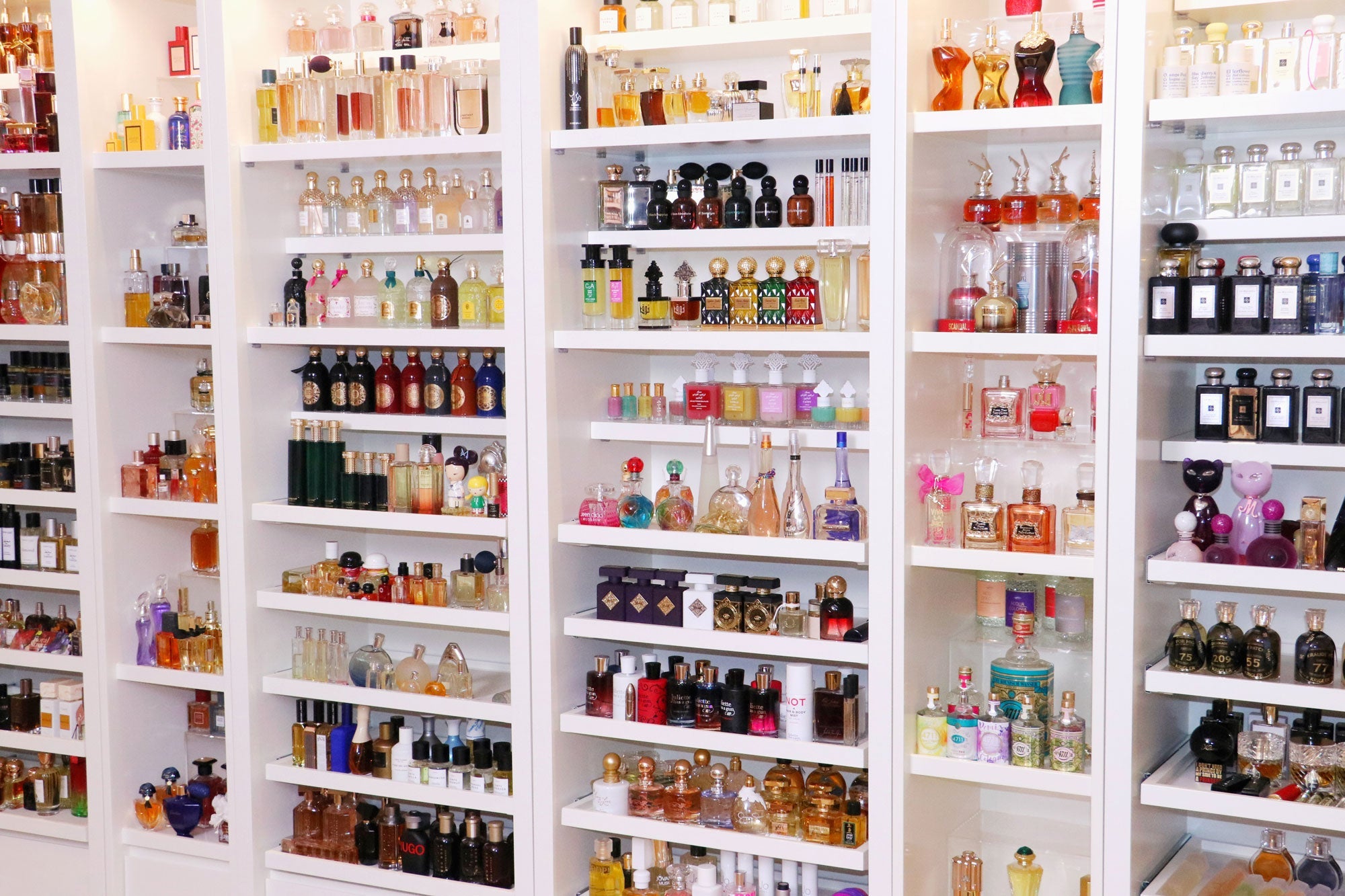What Brands Should Do If They’re Featured Without Consent

While the idea of your product being featured in a major TV show or film sounds like a marketing dream, the reality can be complicated—especially when it happens without your knowledge or approval. Sometimes, it boosts visibility in ways you couldn’t plan for. Other times, it creates controversy, confusion, or even reputational damage.
Take Sex and the City’s revival And Just Like That…, where Peloton was blindsided by an unexpected plot twist that linked their product to a character’s death. Despite the spike in attention, their stock price dropped, and public perception took a hit. Or think of the You Netflix show, which featured fake or off-brand product labels—sparking discussions around authenticity and misrepresentation.
In contrast, MAIR was intentionally and lovingly included in Moments to Seize by Bella Golden. Our scent, Remember When, was written as the heroine’s signature fragrance, adding emotional depth and intentional storytelling to the narrative. That’s what brand representation done right can look like—where a scent becomes a part of the character’s identity and story. (Fragrance is deeply personal, and readers connect with it on an emotional level).
But what happens when it’s not?
Know Your Rights: What protections do brands have legally?
Unauthorized product placement is a gray area. In general, U.S. law doesn’t require TV shows or movies to get permission to show or mention your brand, as long as it’s not defamatory or misleading. However, if your trademark is used in a way that implies endorsement, or if your product is shown in a false light, you may have legal grounds to challenge it.
Knowing your legal rights ahead of time allows you to act quickly if you feel your brand has been misrepresented. It’s also wise to consult an IP lawyer if you find yourself in this situation.
Crisis Communication 101: How to respond publicly and swiftly if your brand is misrepresented
Your response can make or break your brand reputation. If your brand is featured negatively or inaccurately, get ahead of the narrative. Craft a concise, empathetic message that corrects the misrepresentation without escalating the situation.
When Peloton was caught off guard, they partnered with Ryan Reynolds to produce a quick, humorous ad that reframed the situation in a positive light. Speed and tone matter—silence can be just as damaging as overreacting.
Make It Work For You: Tips for spinning surprise features into positive PR
Even if you weren’t expecting the feature, you can often flip it into an advantage:
-
Share behind-the-scenes stories or context.
-
Highlight fan reactions to the feature.
-
Use the moment as an opportunity to introduce your brand to new audiences.
If done right, even unplanned exposure can translate into meaningful buzz.
Monitor Mentions: Why tracking media and pop culture references to your brand is crucial in today’s climate
You can't respond to what you don't know. Set up Google Alerts and use media monitoring tools to keep an eye on where and how your brand is being mentioned. Pop culture moves fast, and your ability to respond in real time matters more than ever.
For indie brands especially, this type of tracking can be the difference between quietly going viral or missing a key opportunity to engage.
When to Speak Up vs. Stay Quiet: Evaluate whether a response is strategic or if it will only fuel the fire
Not every mention needs a rebuttal. Consider:
-
Is the portrayal harmful or just unexpected?
-
Will a response add clarity or escalate tension?
-
Are fans responding positively or negatively?
Sometimes, letting the moment pass is smarter than feeding the flames. Other times, your voice needs to be heard.
Final Thoughts:
These kinds of moments remind us why storytelling and control over your brand voice matter—especially for indie businesses. It’s one of the many reasons we believe in the power of staying independent.
Inclusion in a show or film can be a gift or a headache. Either way, it pays to be prepared. For indie beauty and fragrance brands, these moments can define your brand in ways no campaign can. The key is knowing how to own your story—even when someone else tries to tell it for you.



